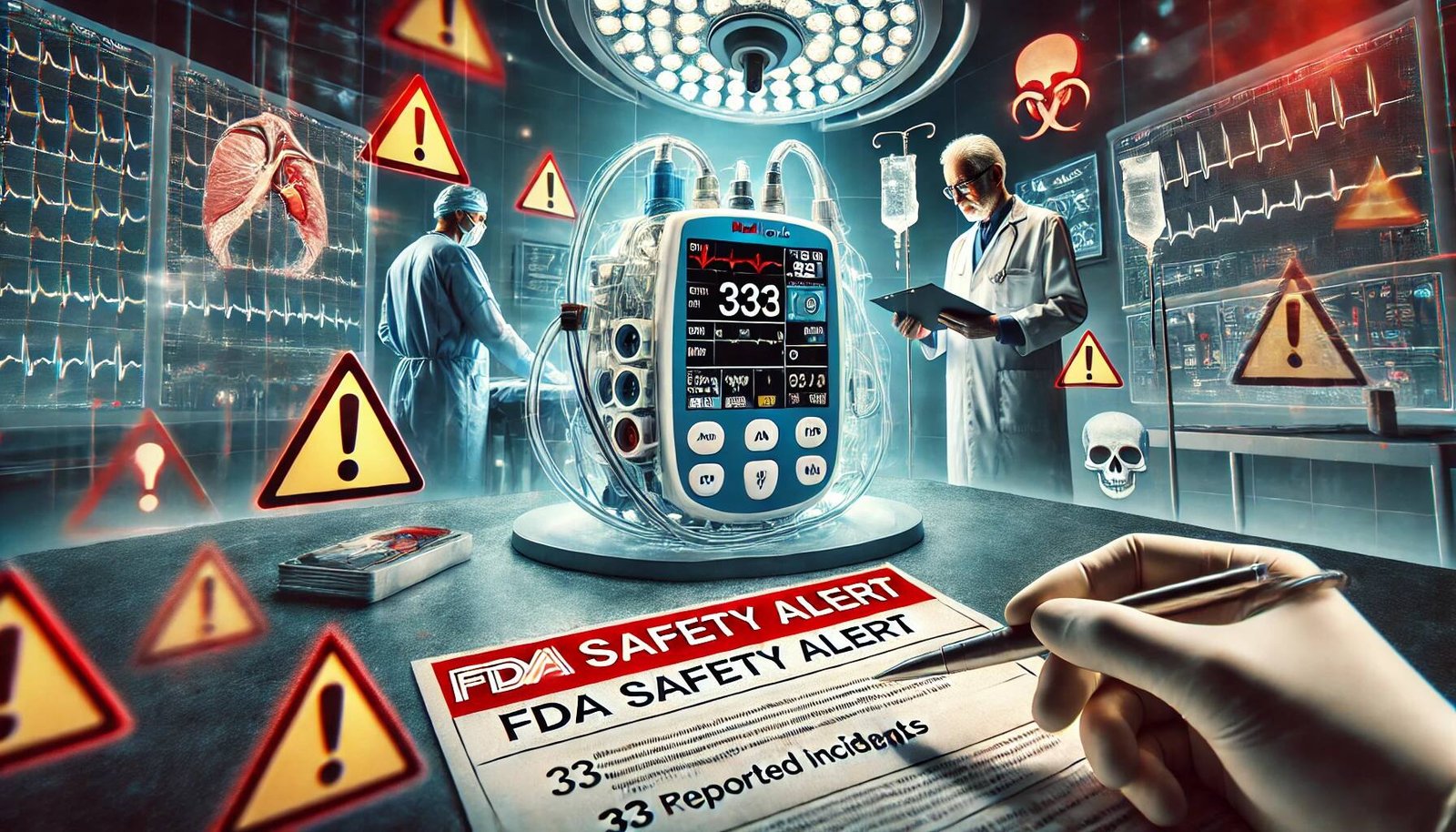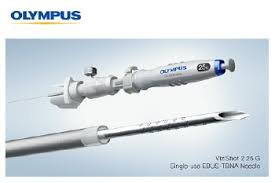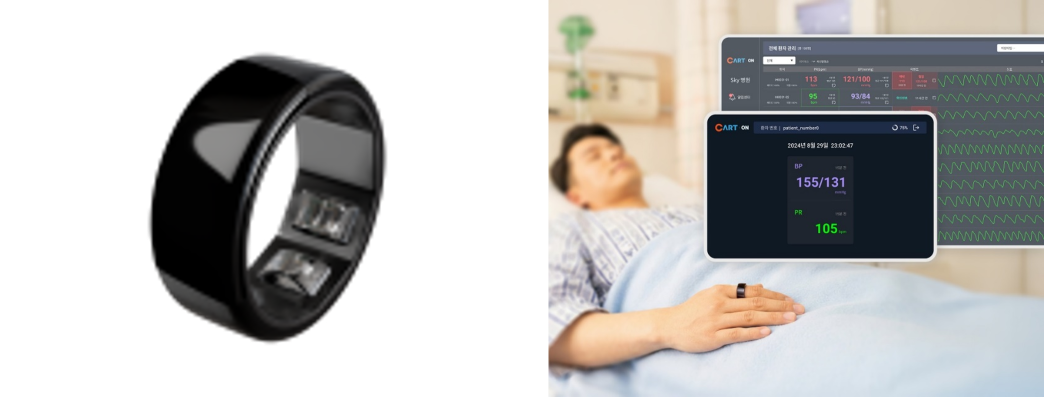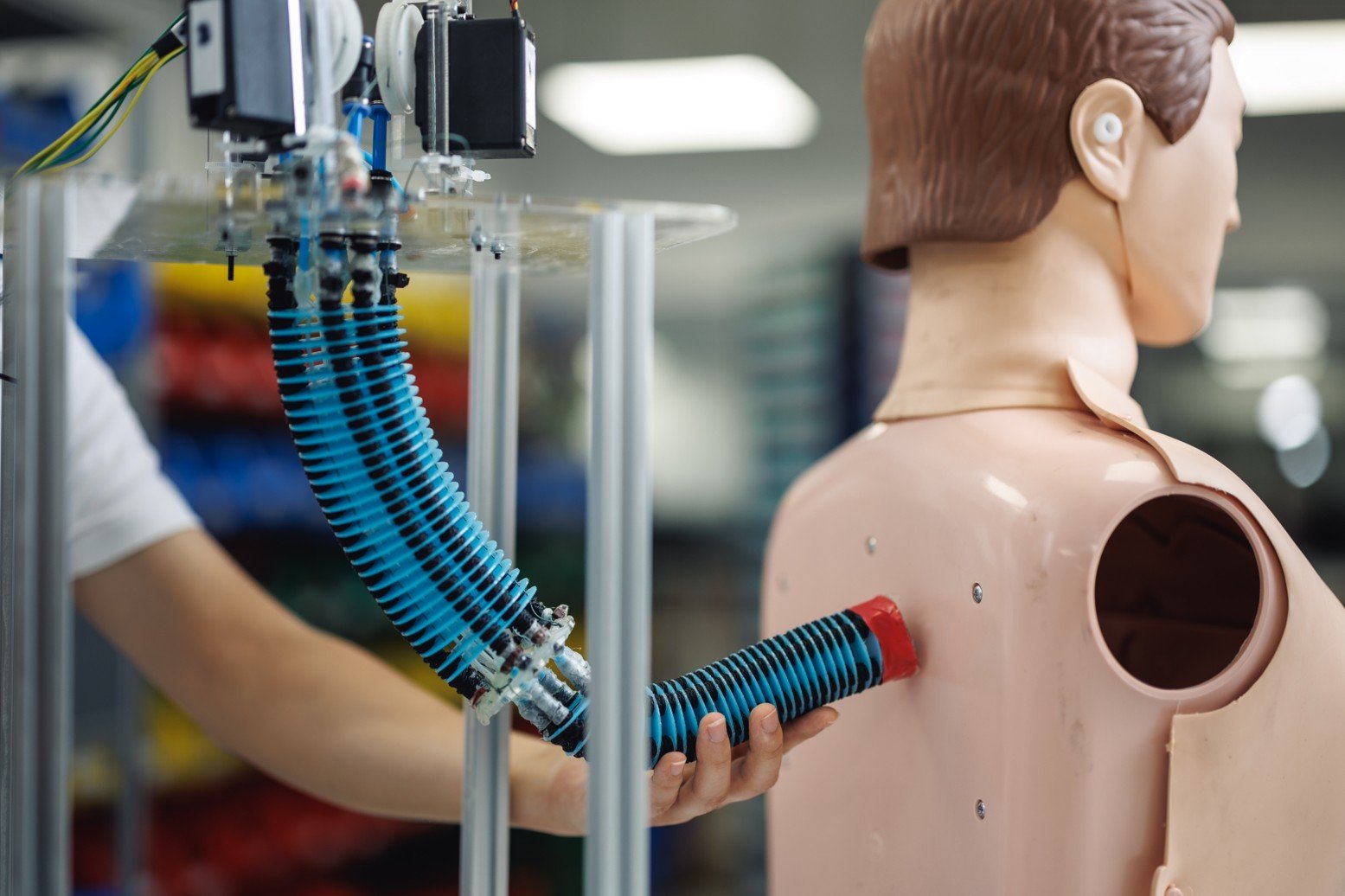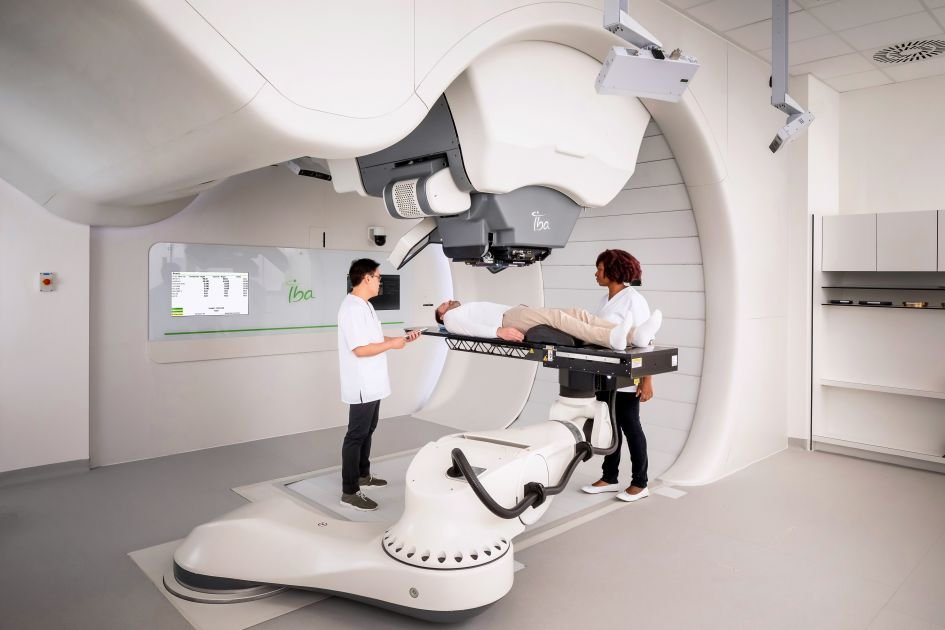The U.S. Food and Drug Administration (FDA) has raised concerns over a potentially high-risk malfunction associated with Medtronic’s Bravo CF Capsule Delivery Device, used for esophageal pH monitoring in diagnosing gastroesophageal reflux disease (GERD). As part of its Communications Pilot initiative to enhance transparency in medical device recalls, the FDA issued an early communication flagging the issue and confirmed that Medtronic has initiated a recall of specific lot numbers of the device distributed under the Given Imaging brand.
What’s at Stake
The Bravo CF device, while minimally invasive in design, has exhibited a critical malfunction tied to a manufacturing error—specifically a misapplication of adhesive. This defect may prevent the capsule from properly attaching to the esophageal wall or failing to detach from the delivery system. Such failures introduce serious patient risks including:
-
Aspiration or inhalation of the capsule
-
Perforation or laceration of the esophagus
-
Airway obstruction
-
Hemorrhage and internal bleeding
-
Foreign body retention
-
Delayed or inaccurate diagnosis of acid reflux
To date, 33 serious injuries have been reported in relation to the issue, though no fatalities have been documented.
Device Overview
The Bravo system plays a crucial role in GERD diagnosis by allowing clinicians to monitor pH levels in the esophagus. The system comprises a small capsule that is affixed to the esophageal wall via a delivery device and transmits real-time data to a recorder worn by the patient. The simplicity and patient-friendly nature of the Bravo system—especially its wire-free monitoring—have made it a preferred diagnostic tool in gastroenterology.
Products Affected
The following SKUs are currently under recall:
-
Bravo CF Capsule Delivery Device, 5-pk
-
Product Number: FGS-0635
-
UDI-DI: 07290101369707 / 10613994000009
-
-
Bravo CF Capsule Delivery Device, 1-pk
-
Product Number: FGS-0636
-
UDI-DI: 07290101369714
-
All affected lot numbers are detailed in the customer recall notice and can be verified via product labeling.
Immediate Actions Recommended
As part of the recall protocol, Medtronic has issued urgent notices on June 3, 2025, and an updated communication on June 16, 2025, advising the following:
-
Quarantine all unused Bravo CF devices from the affected lots.
-
Return these devices to Medtronic for credit or replacement.
-
Notify relevant personnel and partner organizations if the devices were redistributed.
-
Monitor the FDA website for further updates and safety communications.
The recall is categorized as urgent, reflecting the potential for harm if the devices remain in circulation.
Industry Implications
This recall arrives at a critical juncture as the FDA seeks to modernize medical device surveillance. The Bravo device recall highlights not just a product-level failure but underscores broader concerns about quality control and traceability in minimally invasive diagnostic tools. For hospitals, ambulatory surgical centres, and GI clinics, the recall will necessitate a reevaluation of inventory, diagnosis workflows, and patient communication—particularly for those awaiting testing or recently subjected to Bravo-based assessments.
Medtronic, already under regulatory scrutiny in other areas, must now navigate the reputational impact of this recall while reaffirming its commitment to patient safety and manufacturing excellence.
Moving Forward
While no deaths have been reported, the recall of the Bravo CF capsule delivery system serves as a cautionary tale in device design and manufacturing consistency. MedTech professionals must remain vigilant, ensuring adherence to recall protocols and proactively communicating with patients and clinical teams.
The FDA’s continued engagement signals its prioritisation of patient safety, and further regulatory updates are expected as investigations evolve.

